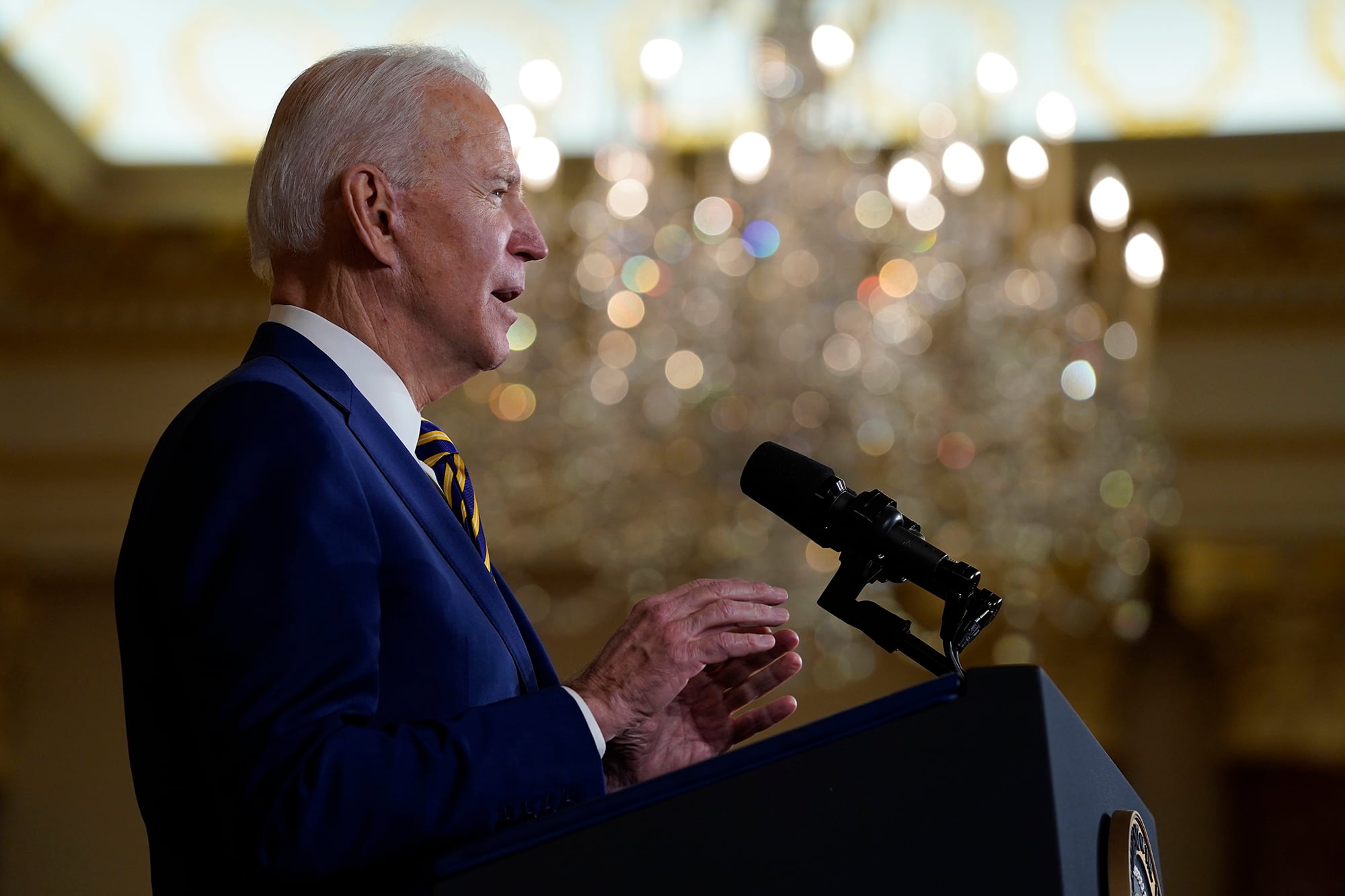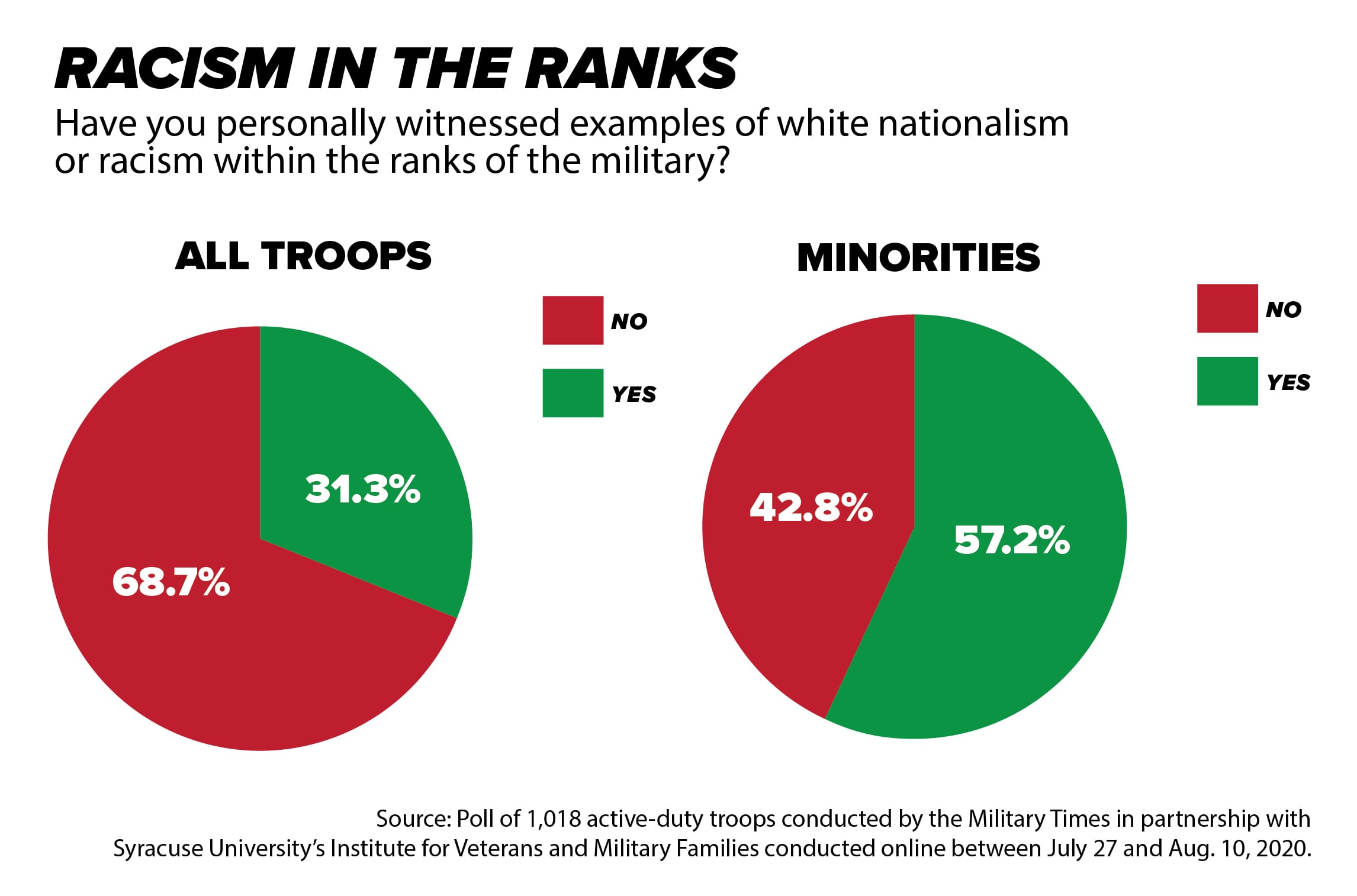The recent Pentagon-directed Global Posture Review has put the brakes on any further drawdowns of troops in Germany or anywhere else until at least mid-year, but won’t affect rotational deployments across the force, a Pentagon official said Friday.
What will change is troop assistance to offensive operations with the Saudi Arabia-led coalition fighting inside Yemen, an ongoing war that has led to a catastrophic humanitarian crisis.
These moves by President Joe Biden’s administration and the new Defense Secretary Lloyd Austin come amid a 60-day stand down across the force to address extremism within the ranks.
RELATED

The posture review is aimed at those permanent bases and permanent structures.
“Before the secretary advises or recommends to the president any force structure changes in terms our facilities and the units that we have around the world, he wants to get this posture review done first,” Pentagon spokesman John Kirby said at the Friday press conference.
In a statement released Thursday followed by Biden’s announcement on the posture review, Austin said that the Pentagon “will consult our allies and partners as we conduct this review.”
This comes after former President Donald Trump announced last year he would cut 9,500 troops from the total of 34,500 stationed in Germany.
Troop levels in Afghanistan will remain conditions dependent and while part of the Pentagon’s overall force posture will be considered on their own terms, he said.
Biden announced earlier this week an end to U.S. support for operations in the Saudi-led war against Houthi rebels in Yemen, seeking a diplomatic solution, appointing Timothy Lenderking as special envoy to Yemen.
“This war has to end,” Biden said. “And to underscore our commitment, we are ending all American support for offensive operations in the war in Yemen, including relevant arms sales.”
Kirby further detailed the change in the Pentagon’s role in the conflict under the new administration.
“The Administration is currently reviewing how best to implement those objectives. The Department of Defense has long said there is no military solution to the conflict in Yemen,” Kirby told Military Times in an email statement. “The U.S. is committed to a negotiated, UN-led political settlement to end the civil war and the humanitarian crisis.”
Until Biden’s recent announcement, Kirby said the DoD had “been providing limited non-combat assistance for coalition operations. This included intelligence and advice and best practices to reduce civilian casualties.”
Kirby stressed both in his Friday press conference and in his statement that the shift on operations inside Yemen does not affect U.S. counterterrorism efforts against al-Qaida and ISIS in the region as well as assisting Saudi Arabia and other Gulf partners with defense of their borders from Yemen or other regional adversaries.
Addressing questions about the DoD review on extremism in the ranks, Kirby said that a stand down across all of the services is rare but that signaled how seriously the secretary and service chiefs are taking the issue following the Jan. 6 attack on the Capitol.
One in five of the more than 140 charged so far in the insurrection had military ties, either currently in service or veterans, according to research by National Public Radio.
Nearly one-third of all active-duty troops and more than half of minority service members say they have personally witnessed examples of white nationalism or ideological-driven racism within the ranks in, according to a 2020 survey of active-duty Military Times readers.

Kirby countered recent criticisms, such as those by freshman Rep. Andrew Clyde, R-Ga., that screening troops for extremist views amounted to a kind of “though police” or a kind of political litmus test aimed at conservatives.
“That is absolutely unfounded and untrue,” Kirby said.
He said part of the stand down included evaluating current ways in which extremism is defined and what threats is poses to the military.
Especially if troops’ conduct violates good order and discipline, the Uniform Code of Military Justice, civil or criminal laws, he said.
“It’s not about what you believe, it’s about how you act with those beliefs.”
Todd South has written about crime, courts, government and the military for multiple publications since 2004 and was named a 2014 Pulitzer finalist for a co-written project on witness intimidation. Todd is a Marine veteran of the Iraq War.




